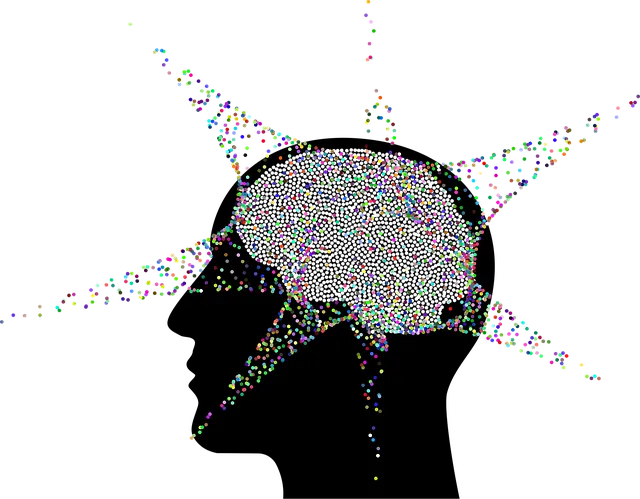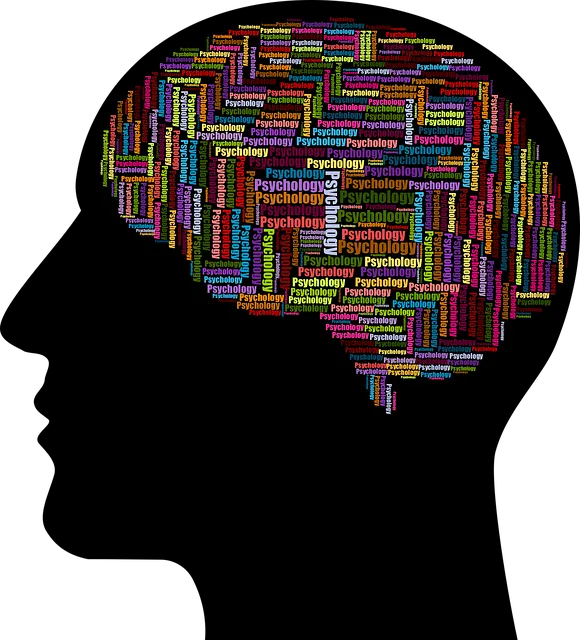The Northglenn Kaiser Permanente mental health center, owned by a dedicated healthcare provider, uses structured data collection methods to assess and track patient mental well-being holistically. They prioritize evidence-based practices and analyze trends in patient outcomes to refine treatment strategies. Ethical considerations, including confidentiality, fairness, and diverse perspectives, guide their analysis. Data-driven insights are used to inform policy decisions, enhance care quality, identify disparities, and promote mental health awareness through innovative data visualization techniques. Under visionary leadership, the center has revolutionized patient care through personalized, evidence-based strategies, boosting trust and overall well-being.
At Northglenn Kaiser Permanente, we prioritize mental health data analysis as a key strategy to enhance patient care and outcomes. This article explores comprehensive insights into our unique approach to data collection and interpretation at the Northglenn Kaiser Permanente mental health center. From understanding ethical considerations to leveraging effective data visualization techniques, we delve into how this process empowers healthcare decisions, ultimately improving patient well-being under the ownership of a forward-thinking mental health center.
- Understanding Mental Health Data Collection at Northglenn Kaiser Permanente
- Ethical Considerations in Analyzing Patient Information
- Unlocking Insights: Interpreting Mental Health Center Data Effectively
- Visualizing Trends: Data Visualization Techniques for Better Understanding
- Improving Care with Data-Driven Decisions at Northglenn's Center
Understanding Mental Health Data Collection at Northglenn Kaiser Permanente

At Northglenn Kaiser Permanente mental health center, owned by a dedicated healthcare provider, data collection is meticulously structured to capture the nuanced aspects of patient mental well-being. This involves comprehensive assessments and ongoing tracking of symptoms, behaviors, and life factors that impact mental health. The process integrates standardized tools with clinical observations, ensuring a holistic view of each patient’s mental wellness journey.
The center prioritizes evidence-based practices such as Mindfulness Meditation and Inner Strength Development programs, which are integrated into the data collection framework. These initiatives not only enhance the quality of care but also provide valuable insights during data interpretation. By analyzing trends in patient outcomes related to these programs, healthcare professionals can refine treatment strategies, ultimately fostering a more supportive environment for mental wellness.
Ethical Considerations in Analyzing Patient Information

When analyzing mental health data at the Northglenn Kaiser Permanente mental health center by owner, ethical considerations are paramount. Patient confidentiality is a cornerstone; all information must be handled with stringent privacy measures to protect individuals from potential harm or stigmatization. This includes ensuring secure storage of records and strict adherence to legal guidelines, such as HIPAA in the US.
Furthermore, fairness and transparency demand that data analysis methods and findings are transparent and free from bias. Researchers and clinicians must avoid perpetuating stereotypes or making assumptions based on demographic factors like race, gender, or age. Incorporating perspectives from diverse communities and ensuring representation in data sets is crucial for developing equitable mental health solutions, as advocated for in the Mental Wellness Journaling Exercise Guidance and Self-Care Routine Development for Better Mental Health. Ethical analysis also involves considering the broader implications of findings, including their potential impact on policy decisions related to mental health care delivery, as highlighted in Mental Health Policy Analysis and Advocacy.
Unlocking Insights: Interpreting Mental Health Center Data Effectively

Unlocking Insights: Interpreting Data from Northglenn Kaiser Permanente Mental Health Center by Owner
Effective mental health center data analysis is a powerful tool for understanding community needs and guiding policy decisions. At the Northglenn Kaiser Permanente Mental Health Center, owned by a forward-thinking organization, this process has become a cornerstone of their commitment to holistic patient care and community well-being. By delving into the data, they can identify trends, patterns, and gaps in mental health services, ensuring resources are allocated optimally. This involves meticulous review of patient demographics, diagnostic codes, treatment outcomes, and feedback mechanisms to gain valuable insights.
Such analysis is not merely about numbers; it’s a means to inform Mental Health Policy Analysis and Advocacy efforts, facilitate Community Outreach Program Implementation, and foster Mental Health Awareness on a larger scale. The data can reveal demographic disparities in access to care, prompting targeted initiatives. It can also highlight successful treatment approaches, inspiring best practices across the industry. Through diligent interpretation, Northglenn Kaiser Permanente’s mental health center by owner is transforming raw data into actionable strategies, ultimately enhancing the lives of those they serve and contributing to a healthier community.
Visualizing Trends: Data Visualization Techniques for Better Understanding

At the Northglenn Kaiser Permanente mental health center by owner, data visualization plays a pivotal role in unearthing meaningful insights from vast collections of mental health data. By employing sophisticated techniques, healthcare professionals can effectively visualize trends and patterns that might otherwise remain hidden. This process involves transforming raw numbers into intuitive graphs, charts, or maps that reveal correlations between various factors influencing mental well-being.
For instance, visualization tools can help track the effectiveness of different Self-Care Routine Development for Better Mental Health programs, highlighting which strategies resonate most with patients. Additionally, they facilitate Mental Health Awareness campaigns by presenting data on community engagement and impact. Even more, these visual aids are invaluable in designing evidence-based Mental Health Education Programs that cater to specific needs, ensuring resources are allocated efficiently. Such innovative use of data visualization not only enhances clinical decision-making but also fosters a culture of transparency and informed care at the Northglenn Kaiser Permanente mental health center by owner.
Improving Care with Data-Driven Decisions at Northglenn's Center

At Northglenn’s Kaiser Permanente mental health center, data analysis has become a powerful tool for enhancing patient care and improving outcomes. By leveraging robust datasets, the center’s owners have made data-driven decisions that have significantly boosted confidence among both patients and healthcare providers. This approach ensures that treatments are tailored to individual needs, fostering a culture of personalized care.
Through meticulous interpretation of mental health data, the center has implemented evidence-based strategies and Self-Awareness Exercises, thereby increasing Mental Health Awareness. These initiatives have led to improved patient engagement, better symptom management, and enhanced overall well-being. The center’s commitment to utilizing data effectively underscores its role as a trailblazer in transforming mental healthcare delivery.
The analysis and interpretation of mental health data at Northglenn Kaiser Permanente have proven to be invaluable tools for enhancing patient care. By understanding ethical considerations, effectively interpreting data, and utilizing visualization techniques, the Northglenn’s mental health center by owner can unlock profound insights that drive informed decisions. This data-driven approach not only improves individual treatment plans but also fosters a more holistic understanding of mental health trends within the community, ultimately revolutionizing care delivery at the center.






